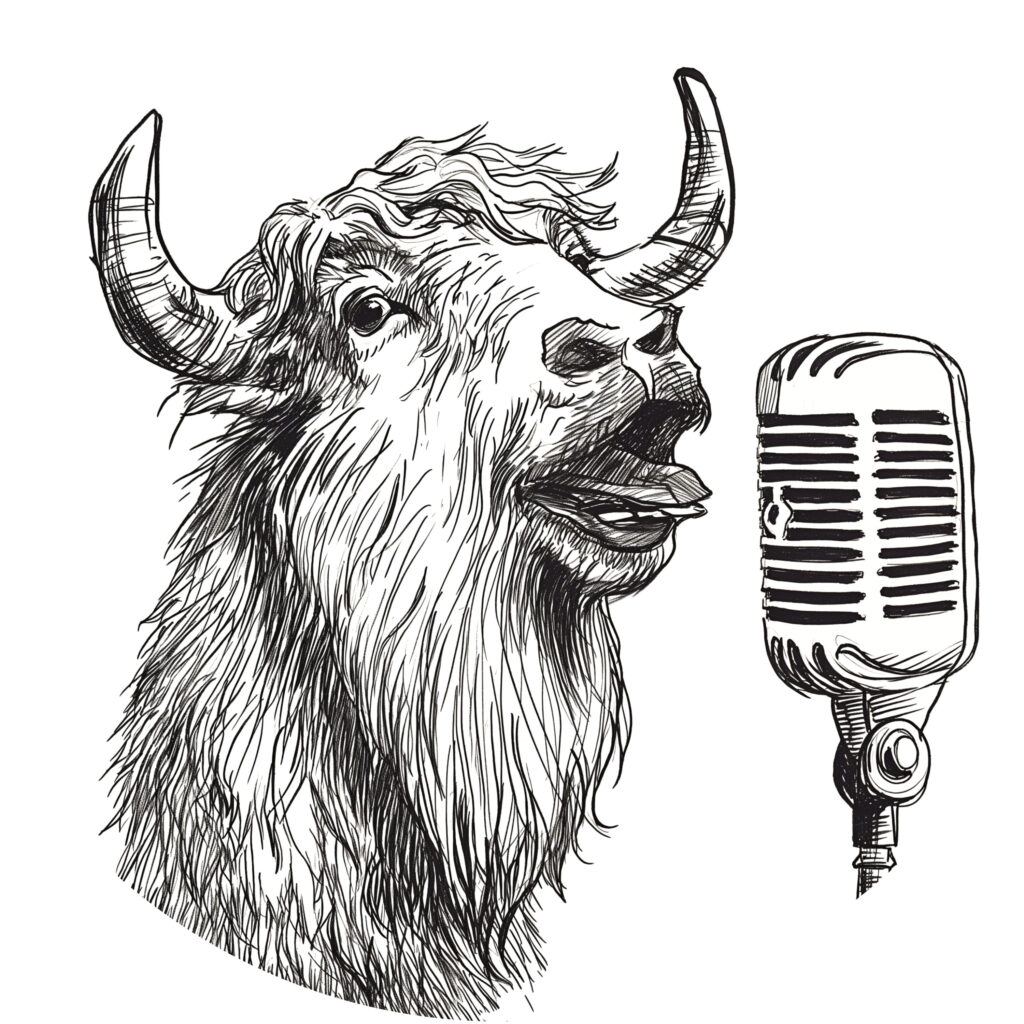The last class I taught at University of Phoenix, I caught two students of the twelve enrolled cheating flagrantly in their online work. I’d heard that academic honesty was an issue of growing concern in online education but to date, I’d had no experience with any student violations of University policy.
Now, the process for reporting violators is particularly stomach-churning. You have to thoroughly document each infraction which, for one of the students, amounted to 18 specific incidents in a 5-day period. I managed to submit my treatise and the response I recieved from the administration was a prompt thank you and notice that each student had received their first warning with a letter placed in their files. First warning. The class I was teaching at the time comes with only four classes left to the end of the degree program. With violations this vast in scope, I find it difficult to believe that these students happened to choose me as the only subject of their violations through their entire academic careers.
Still, I read articles like this one, from the Rocky Mountain News in Denver, and I can see the hope for online education, if only from the demand side. It’s a general piece, but if you want an good update on the state of online growth as we close out 2005, here’s a good place to start.
